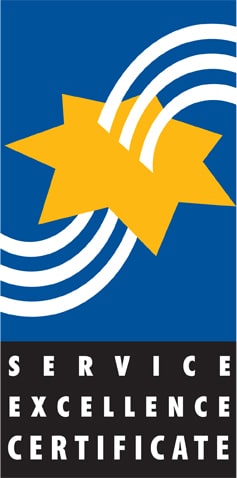Help! My Child’s in Hospital: A parent’s survival guide. Practical advice for parents on preparing your child and caring for them in hospital.
By Becky Wauchope ~ Illustrations by Kaitlyn Miller
“Help! My Child’s in Hospital” is a great read if you are looking for something positive to prepare your child and family for hospital. Written in a warm, personal and easy-to-read style, Becky Wauchope describes what it is like to be in hospital and how to cope with anything from an emergency visit to a long stay and repeated visits. Her experiences with son Gus in over three years of repeated visits to hospital, have resulted in a practical and creative book. Lots of tips throughout provide starting points for children and parents to encourage coping and reduce fear. There are ideas to help keep life as normal as possible with play and some fun. The easy to follow ideas are particularly good for families with young children, Becky has many years experience as an early childhood worker. There are great tips and creative ideas to assist children and families with hospital preparation, daily life in hospital, tests and procedures, anaesthesia and surgery, medication, support and recovery.
This is a stressful time, so parents who are time poor can dip into the book and read on a topic, such as “Having an operation” and read about how to prepare and cope with fasting. Reading the book cover to cover is also a great way to gain an overview.
The book emphasises communication for parents, who know their child best, to work with health professionals for the best care. Honest conversation with your child providing the right amount of information is also a positive step. Parents can read about how to be child advocates, there are examples of steps for being prepared when talking with health professionals. Parents are encouraged to know their limits and if not able to help reduce a child’s fear or confusion then they are empowered to ask for help. Parents are a reassuring presence.
Some variations of what you may expect to find in different hospitals are covered. Parents will feel more aware and strengthened by both the information and supportive ideas. “Help! My Child’s in Hospital” highlights why preparing yourself and your child for the hospital experience is so important.
Find checklists at the back, with what to pack including Surprise packs that offer distraction. With cute illustrations, helpful layout and available for a reasonable price, this book would be a great addition to a Kindy library, hospital waiting room or public library. Copies are available for loan from the Association for the Wellbeing of Children in Healthcare (AWCH) Library and can be purchased via Becky’s website.
About the author:
The Wauchope family were about to emigrate to Australia from the UK, when Gus, the youngest of four developed severe breathing problems. This was the beginning of a three year journey through hospital readmissions in the UK and then Australia. Gus is now well and Becky has made numerous speaking engagements, run support groups and encourages people to share their stories. Find her website at: www.helpmychildisinhospital.com
Keywords: Anaesthesia; Child; Child, Preschool; Communication; Hospital preparation; Hospitalization; Medication; Parent information; Preparation for anaesthesia; Preparation for medical and surgical procedures; Routines; School children
Jillian Rattray
AWCH Librarian
July, 2013






